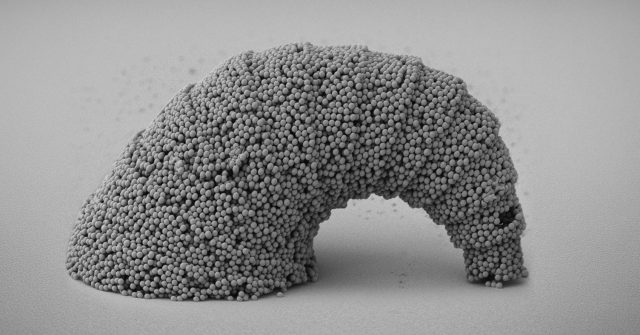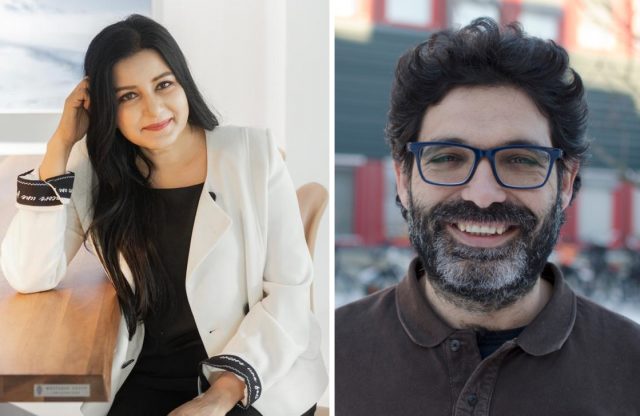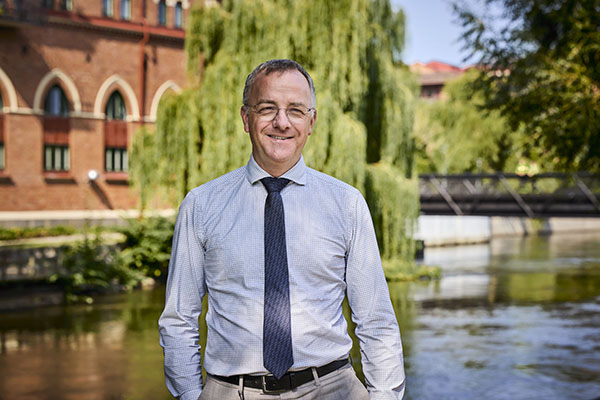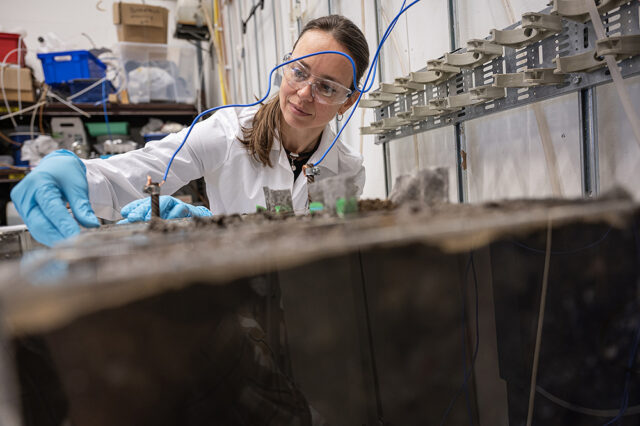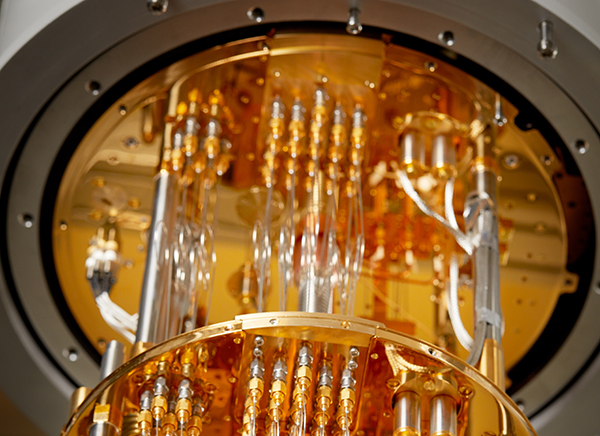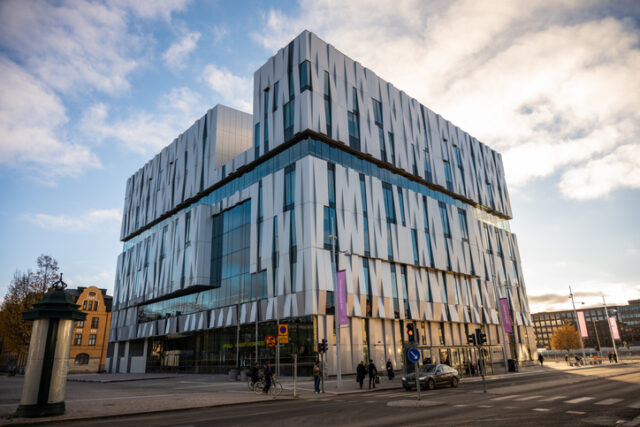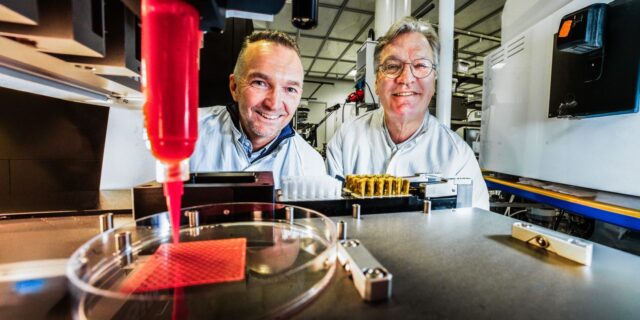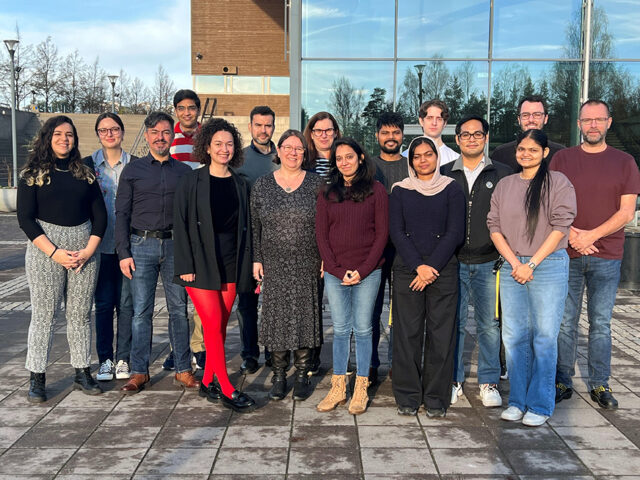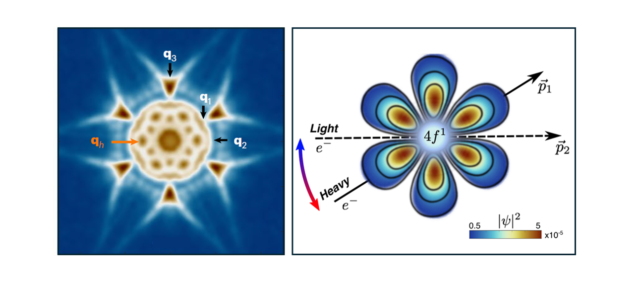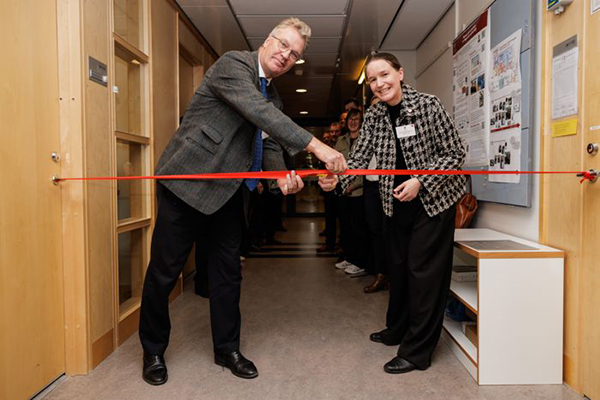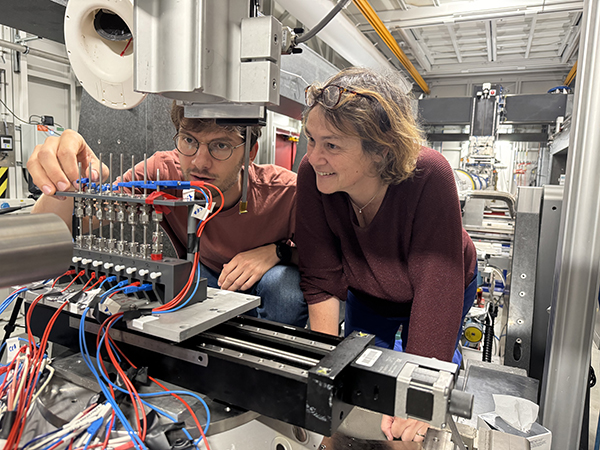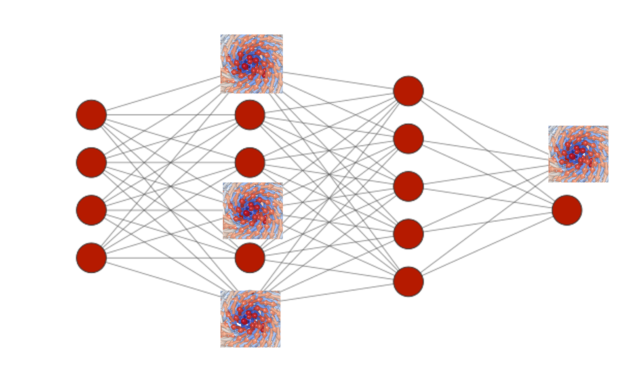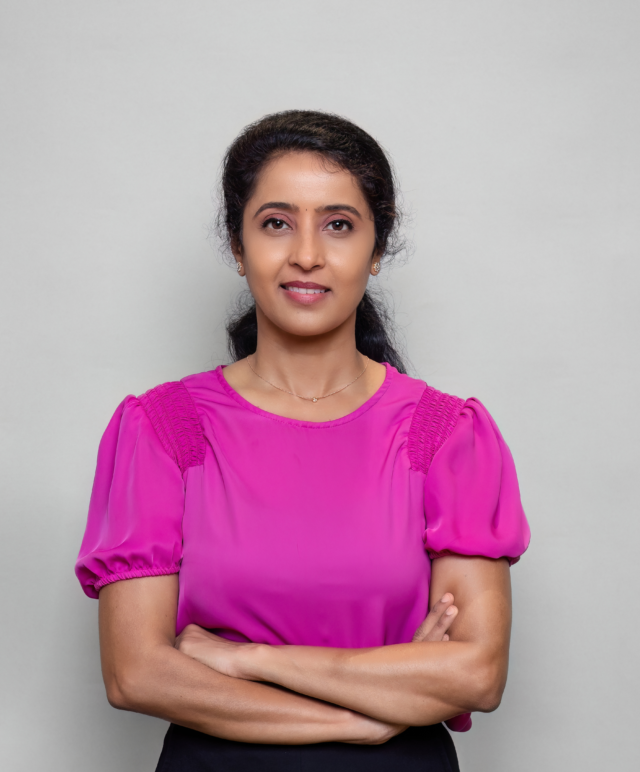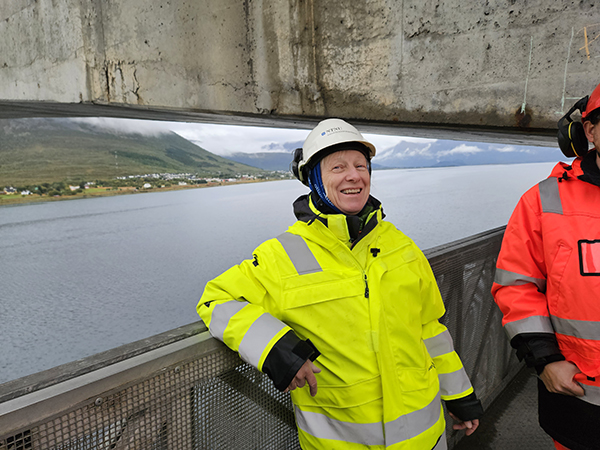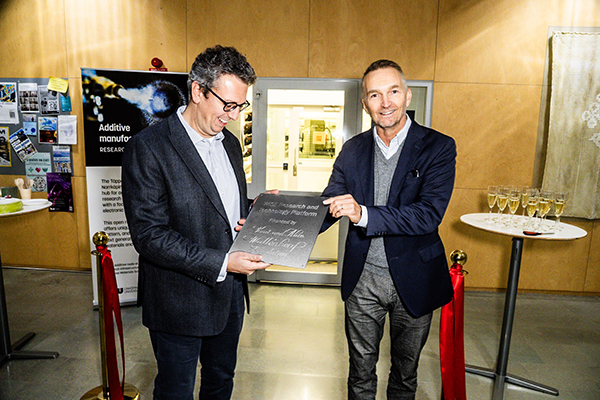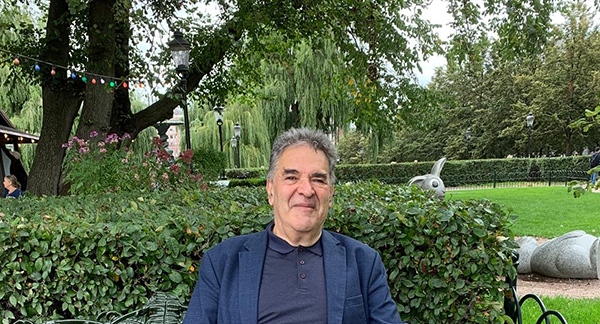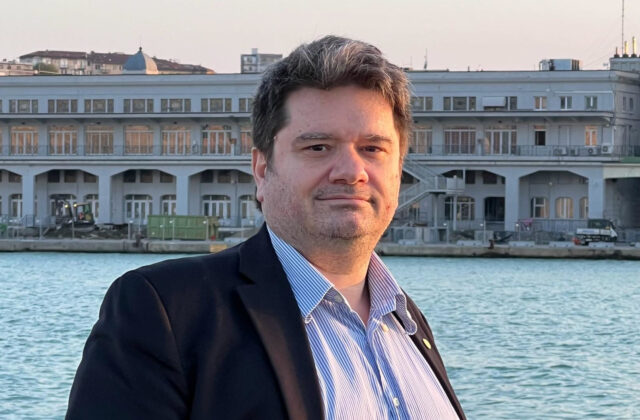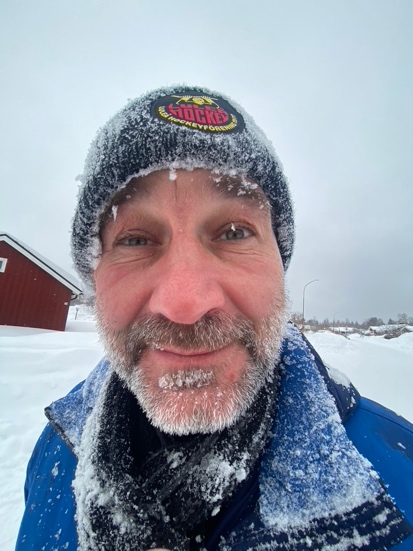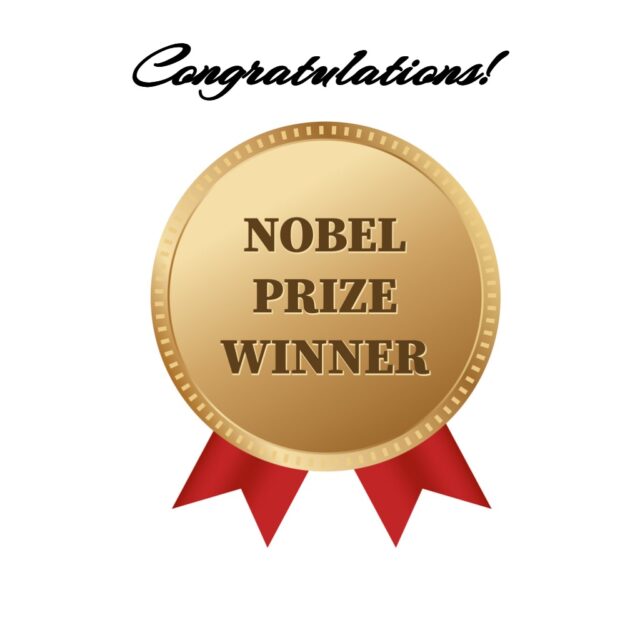Tetra Pak and Lund University join forces in a shared research project as part of WISE(The Wallenberg Initiative Materials Science for Sustainability), the largest ever research initiative in materials science in Sweden. In this project, the target is research and development of packaging materials that are fully recyclable and that contribute to reducing the CO2 footprint.
According to the World Bank climate-smart agriculture (CSA) approach, ”global food demand is estimated to increase to feed a projected global population of 9.7 billion people by 2050.” The world’s population is growing, and this increases the demands on food production and food availability. The UN Food and Agriculture Organisation (FAO) estimates that farmers will have to produce 70% more food by 2050.
-To achieve this, we need sustainable and safe food systems. It is therefore crucial to develop new material solutions that can provide food protection and at the same time be renewable, fully recyclable and have a low carbon footprint”, says Eva Gustavsson, Vice President, Materials & Package, Tetra Pak.
So, what exactly is the challenge that Tetra Pak and the scientists at Lund University are aiming to solve? One area is to explore new packaging barrier solutions that protect food and have a low impact on the environment. The barrier in the package plays an important role in protecting the nutrition of the packaged food. The aim of the research project is to understand which new materials can perform this function and the mechanisms behind them. This will help to understand how we can improve the detailed design of the new material solutions.
– Research on new sustainable material solutions is key for the packaging business and for Tetra Pak as a whole. For WISE, which focuses on materials science for sustainability, it is exactly in line with one of the key themes that targets circularity, says Eva.
She adds that in order to meet the future challenges with sustainable material solutions, it is important for industry and academia to work closely together and combine skills and knowledge.
-To be fast and do things right the first time you need to build deep knowledge and do academic research in parallel with industrial development. Programs like WISE provide this opportunity, helping us develop new solutions faster and with better quality.
-Educating top-class material specialists is one of the ambitions for the WISE program. Being close to this group of talent is also of high value for our future hirings.
Maria Messing, project leader from Lund University adds,
-Currently, we are successfully identifying people and infrastructure both at Tetra Pak and Lund University to be able to manufacture and characterize the new barrier solution, which consists of both polymers and inorganic materials. This effort requires people with knowledge of different material science backgrounds.
-We are very excited about being part of the WISE program, it is a fantastic opportunity for us and for our employees to be within this network of material specialists. We are in the process of starting up this project and we are looking forward to the insights and knowledge it will bring. We certainly hope that we will find opportunities to extend to new projects in the future, concludes Eva.
More information about WISE IP2-call

